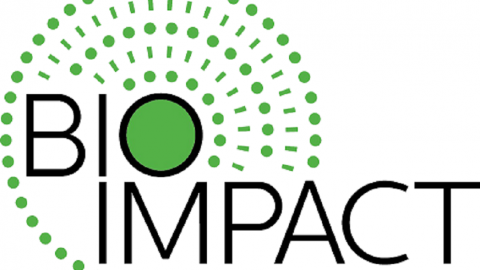I really wish I knew how to draw/paint; I’ve always dreamed of one day being able to pick up a paint brush and getting lost in colour, textures and emotion. Maybe it’s a block, maybe it’s not, but for now I’ll settle with knowing how to draw stick people, stick flowers, stick mountains and stick cars. I am constantly in awe of people who have the talent.
There’s something about art, music and words that draws us closer to God, nature, to our essence of being human and strips us to our basics. They make us authentic. Think about that love song that once made you cry, smile or laugh. Or the words of a friend or from religious scripture that gave you courage and hope. There so many examples to pick from.
Stephen Covey in his renowned book the 7 Habits of Highly Effective People reminds us that the creative process is one of the most, if not the most terrifying part of being human because you don’t know exactly what’s going to happen or where it is going to lead. You don’t know what new dangers and challenges you’ll find. It takes an enormous amount of internal security to begin with the spirit of adventure, discovery, and creativity. Without doubt, you have to leave the comfort zone of base camp and confront an entirely new and unknown wilderness.
Creativity is indeed the God-force extending itself through us and to us; the artist is the channel. Art evokes emotion; one gets lost in its dimensions and finds themselves again.
There’s an art piece that does just that for me. ‘Misguided Little Unforgivable Hierarchies’ by Wangechi Mutu.
This piece grapples with the sensitive topic of female oppression and the need for women’s empowerment to achieve our development goals as a continent.
Ms. Mutu has kept the story of the female at the centre of this piece and it’s a reminder that women and girls are the backbone of society. Through this piece of art she depicts women’s ‘bodies’ as the place where various social hierarchies are inscribed and as the place most vulnerable to change social norms; transforming them for the better. It attempts to break down the barriers that stifle progress in society.
This piece depicts a man, woman and monkey on top of each other doing a risky balancing act. The man is crouched down with his head facing up, feet firmly perched on the grass and mouth ajar expectant of the woman to meet his needs. While the woman on the other hand is above him bending over backward as if to reach his mouth but her arms are being held back by the monkey.
The woman bending over backwards is a reminder of female oppression which continues to engulf the African society today. This same woman who is expected to meet the man’s needs is being held back by tradition. The blood splotches portray to me the effect of a relationship rooted in abuse.
Dear readers, talks on gender equality are not noise. If one looks at the richest nations in this world, particularly if we zero in on the Nordic countries, one will realize that they have cemented the fact that achieving gender equality is not idealistic when improving society; it’s mandatory. I encourage you to do a study and one of the things you’ll realize is that the development institutions in these countries report and answer to the gender and finance Ministers. Because (a) money is needed for development and (b) gender parity is needed for development. Closer to home, have a look at Rwanda, the country that holds the no. 1 position in the global ranking of women in parliament. There’s nothing obscure on why these strong economies do so.
Where women are given equal opportunities they make a real and lasting difference for everyone. Too many studies have been done and the results have indicated the same thing, when you invest in women, you invest in generations; women invest back in their families 90% of their income, men 30%. This is not about power play, it’s about interdependence.
This piece continues to challenge me especially when thinking about the current state of affairs in Africa, and the changes that need to be made for effective and sustainable development.
Which creative piece does this for you?
……………………………………………………………………………………………………………………………………………………………………………………
Nyaguthii Wangui Maina is a Pan African enthusiast and activist whose main passion is the youth and girl’s and women’s empowerment; she is a blogger who believes in telling the African story from an African perspective. Nyaguthii volunteers as a weekly columnist of YouthHub Africa; a cyber-community for young Africans involved in social change. She is also keenly interested in governance, democracy and policy issues and blogs on the African Union Commission’s DGTrends platform. In Kenya, Nyaguthii is an advocate of the High Court of Kenya and works with the Permanent Mission of Kenya to the UN offices in Nairobi. She tweets @nm_wangui and blogs here







